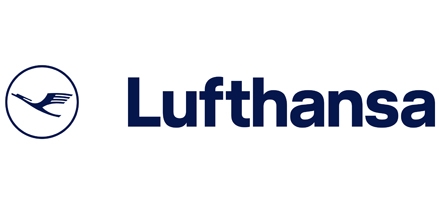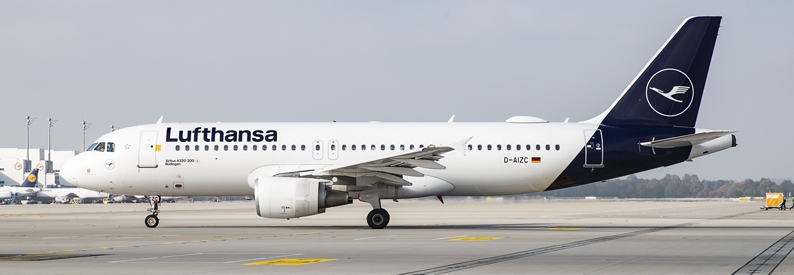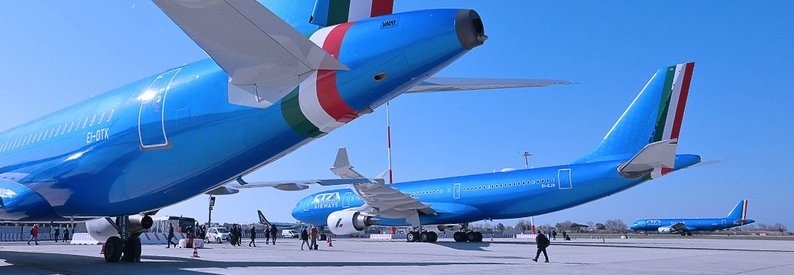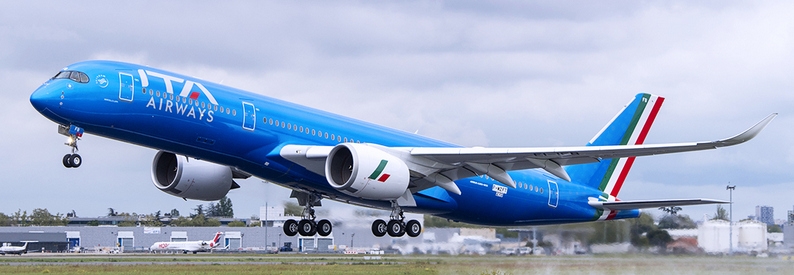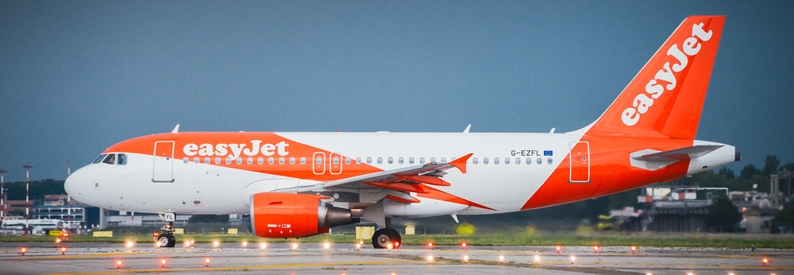Germany's three-party coalition government has agreed on a range of climate policies including doubling the country’s short-haul aviation tax from 2020, creating a minimum fare rule, and lowering the cost of rail tickets.
However, the outcome of an 18-hour set of talks aimed at coinciding with the global FridaysForFuture protests on September 20 was mocked by environmentalists as being haphazard and too weak, the public broadcaster Deutsche Welle reported.
The current EUR7.38 euro (USD8.10) per-passenger tax for flights departing German airports will double from January 1, 2020, the additional revenue funding a cut in Value-Added Tax (VAT) on rail tickets from today's 19% to 7%.
The minimum fare, meanwhile, will apply to all flights leaving Germany, dictating that ticket prices cannot be less than the sum of taxes, fees, and other charges.
The decisions made by what has been dubbed Germany’s “climate cabinet” are designed to help it achieve its 2030 emissions reduction targets. Although the country has set itself a target to cut its greenhouse gas emissions by 55%, Chancellor Angela Merkel has said that this target for 2030 has not yet been “spelled out”.
Germany’s aviation tax currently has separate rates for short-, medium- and long-haul flights, which the industry says costs it EUR1.2 billion (USD1.32 billion) per year. The new hike could add an extra EUR600 million (USD660 million) on top of that.
Matthias von Randow, chief executive of Germany's aviation lobby, the Federal Association of the German Aviation Industry (Bundesverband der Deutschen Luftverkehrswirtschaft - BDL), warned that a tax increase would put German airlines at a disadvantage against international competitors.
“This intensification of a unilateral approach in the highly competitive aviation market will not reduce CO2 emissions, but merely shift them, which is ecologically useless and economically harmful to airlines in Germany,” he told Bloomberg.
